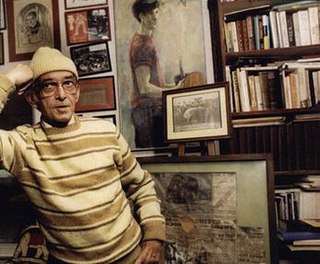A Quote by Laozi
In the Golden Age, Rulers were unknown. In the following age Rulers were loved and praised. Next came the age When rulers were feared. Finally the age When rulers are hated.
Related Quotes
The biblical lifestyle is always a witness of resistance to the status quo in politics, economics, and all society. It is a witness of resurrection from death. Paradoxically, those who embark on the biblical witness constantly risk death - through execution, exile, imprisonment, persecution, defamation, or harassment - at the behest of the rulers of this age. Yet those who do not resist the rulers of the present darkness are consigned to a moral death, the death of their humanness. That, of all the ways of dying, is the most ignominious.
The very idea of freedom presupposes some objective moral law which overarches rulers and ruled alike. Subjectivism about moral values is eternally incompatible with democracy. We and our rulers are of one kind only so long as we are subject to one law. But if there is no Law of Nature, the ethos of any society is the creation of its rulers, educators and conditioners; and every creator stands above and outside his own creation.
If the youth is content to abandon his previous associates and to throw in his lot whole-heartedly with the rulers, he may, after suitable tests, be promoted, but if he shows any regrettable solidarity with his previous associates, the rulers will reluctantly conclude that there is nothing to be done with him except to send him to the lethal chamber before his ill-disciplined intelligence has had time to spread revolt. This will be a painful duty to the rulers, but I think they will not shrink from performing it.
The apparent rulers of the English nation are like the most imposing personages of the a splendid procession; it is by them that the mob are influenced; it is they who the inspectors cheer. The real rulers are secreted in second hand carriages; no one cares for them or asks about them, but they are obeyed implicitly and unconsciously by reason of the splendour of those who eclipsed and preceded them.







































